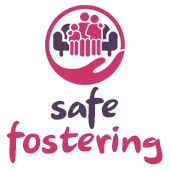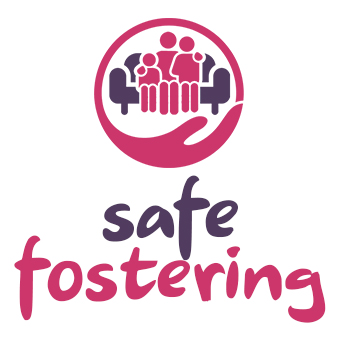FREQUENTLY ASKED QUESTIONS
Choosing to foster is a big decision, and there are many different elements to consider.
Below is a list of frequently asked questions we hear from prospective foster carers, to help you with your decision making.
Becoming a foster carer does not take as long as you may initially think. On average, the process takes 4-6 months, which is usually dependent on the fostering assessment.
Fostering a child is its own reward but the amount that every local authority and independent fostering agency will pay, varies to the area you live and the specific needs of the child (ren).You’ll get generous financial support, including a taxable income as well as a weekly allowance to help with the cost of looking after a child.
While foster children usually need their own room, there is one potential exception if they are siblings and of the same sex.
Any person over the age of 21 can apply to become a foster parent, as long as they can demonstrate they have time, emotional space, reasonable room and flexibility and are passionate about caring for children, can offer a safe home and you have some grit and determination.
No. When you are preparing to foster you will receive training to help you and your family identify and build upon the skills you already have, and develop new skills needed to foster, usually through The Skills to Foster course. Once approved, foster carers in England are supported to achieve Training, Support, and Development Standards(TSD) for Foster Care and foster carers across the UK should have access to and will be expected to undertake relevant ongoing professional learning and development.
It is inevitable that, as foster carers, there will be some children who you find fit in better with your family. Some children will also take time to adjust to living in your home. However, if there is a real problem with a child, then it is important to discuss this with your social worker. You may find if things are not working out for you, then the child will also be feeling that this is not the right place for them.
It may be that with extra support or training, caring for that child or young person becomes easier and more enjoyable. However, sometimes, it may be best for a child to move to another foster family.
People from all walks of life can apply and includes LGBTQ+ foster carers. We believe that if we have a diverse group of foster carers, we can better match children and young people to their perfect home.




